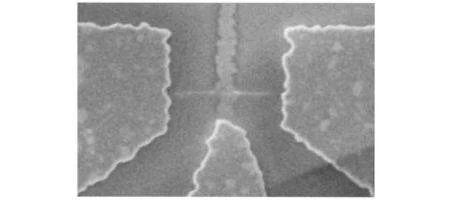Even the most obsessive dieter might find this a bit much – a set of scales so accurate that it can weigh a single proton.

A team of scientists at the Catalan Institute of Nanotechnology in Spain says its device can detect changes in mass of 1.7 yoctograms – roughly the mass of one proton.
It could be an extremely useful tool, they say, in fields such as mass spectrometry, magnetometry, nanometrology and surface science.
The sensor, based on a 150 nm-long resonating carbon nanotube, works on similar principles to a guitar string that vibrates at a very high frequency.
By comparing the resonating frequency of the nanotube before and after some extra mass has bound to the nanotube’s surface, the researchers can quantify the added mass.
They’ve conducted several mass-detection and binding experiments, for example measuring the rate at which naphthalene molecules adsorb onto the nanotube surface, and determining that adsorption of xenon atoms onto the surface is a thermally activated process.
Getting the nanotube sufficiently clean was achieved by annealing it with an electrical current. The experiments also required extremely low temperatures (-269 ˚C), ultra-high vacuum (10-14 bar), and an environment completely free of mechanical disruption or electrical noise.
The team believes it’s possible to improve the device’s accuracy still further by creating a single ‘trapping site’ on the nanotube, which should reduce fluctuations in the nanotube’s resonance frequency.






